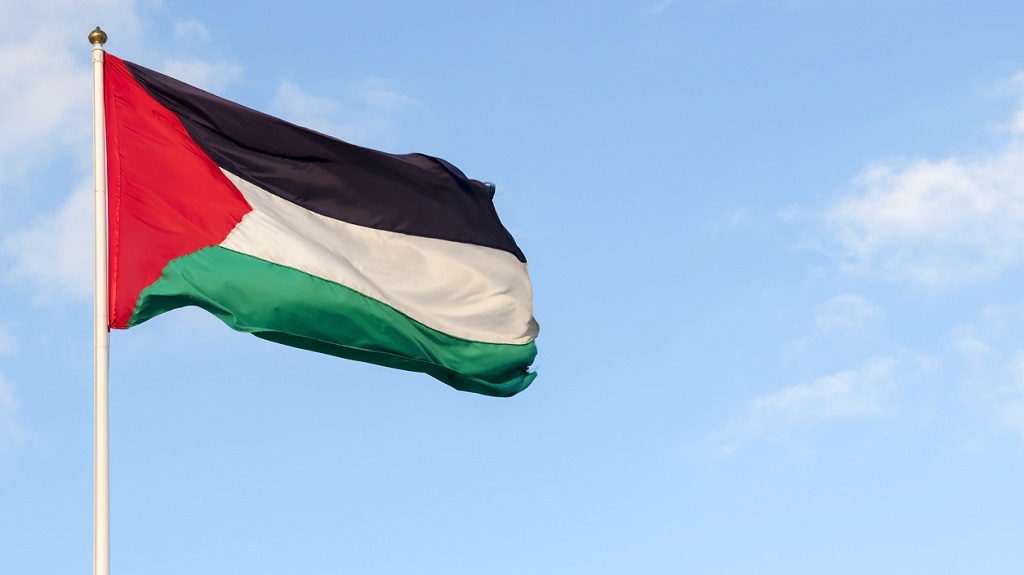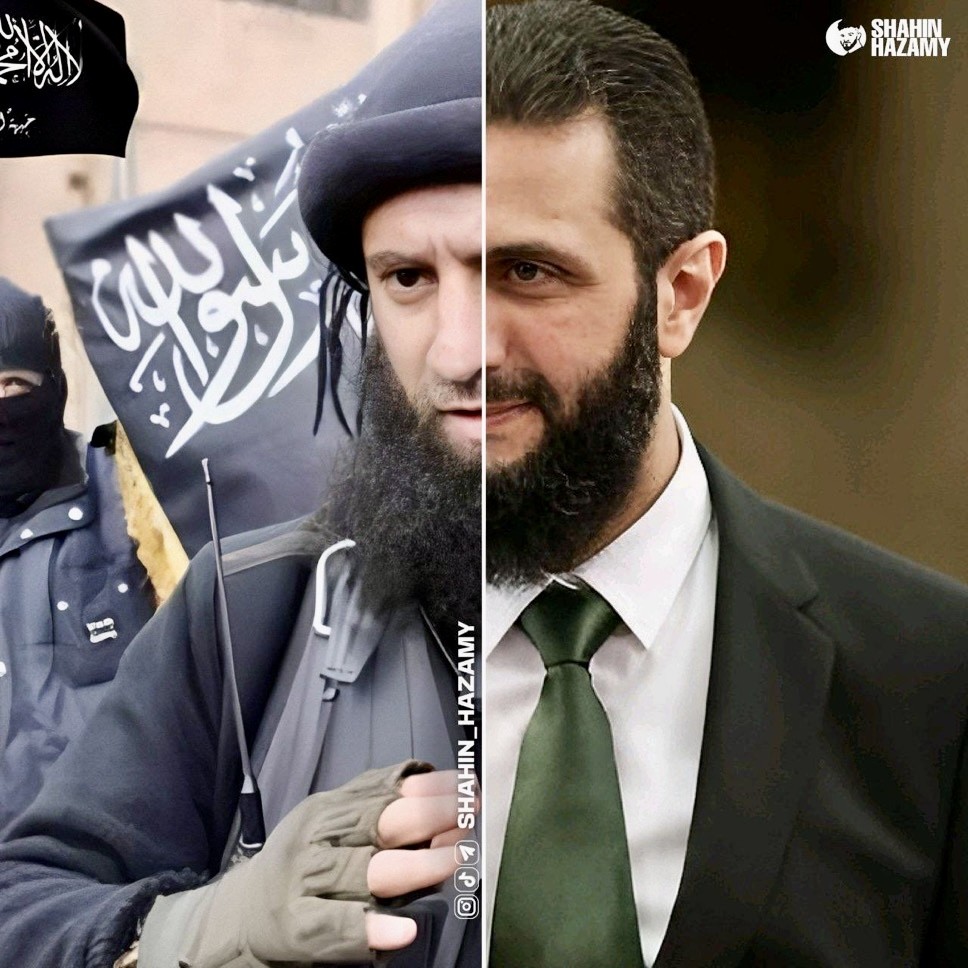
The recognition of The State of Palestine has become a political card that is sometimes waived to make bold statements and reassert positions. Jamaica is the latest to have officially recognized the State of Palestine, following cabinet deliberations on April 24. What does it mean?
By Marita Kassis
Recognition is mainly a symbolic political gesture with no legal ramifications. These moves have been implemented as a show of solidarity or direct political messages; however, practically, their impact doesn’t change anything for either side.
According to a press statement by the Minister of Foreign Affairs and Foreign Trade Kamina Johnson Smith, “Jamaica continues to advocate for a two-state solution as the only viable option to resolve the longstanding (Israeli-Palestinian) conflict, guarantee the security of Israel and uphold the dignity and rights of Palestinians. Jamaica strengthens its advocacy towards a peaceful solution by recognizing the State of Palestine.”
The minister confirms her country’s support of an immediate cease-fire, the release of hostages, and access to humanitarian aid for the Gazan people, a position it has sustained since the start of the war on October 17.
Jamaica is now the 140th out of 193 UN member states and the 11 Caribbean Community (CARICOM) countries to recognize the State of Palestine.
Palestinians at the UN
The United Nations has been an ongoing platform for endless debates and political battles about the recognition of the State of Palestine. On April 18, the United States vetoed a draft resolution in the Security Council, which would have granted full membership to the Palestinians.
The current Palestinian status at the UN is that of a non-member observer state. Although the General Assembly technically recognized statehood in 2012, it can only become a full member, including all voting privileges, once it is approved by the Security Council with a minimum of two-thirds of the General Assembly.
The Israeli-Palestinian question is not a secluded regional file but has had global implications throughout the years since the British mandate dictated “the establishment in Palestine of a national home for the Jewish people” and thus the creation of two states. Israel declared its independence in 1948, but the Palestinian side was never able to do so as they initially rejected the partition that the UN oversaw.
What makes a country?
Some maps don’t show Palestine; others refer to it as a Palestinian State; at times, it’s Palestinian territories, occupied Palestine, the West Bank, and Gaza… so which one is it?
There are two schools of thought when it comes to the legal definition of a state. The 1933 Montevideo Convention outlines four factors for any territory to be considered a country: the presence of a permanent population, a defined territory, its own government, and the capacity to enter relations with other states. Such a state would be independent of any international recognition.
The Constitutive theory, however, ties statehood to world recognition. There is no legal foundation here, but the interpretation of it is a matter of international law and diplomacy.
The legal debate about whether Palestine is an actual state is ongoing, so countries independently issue official recognition claims via public ministerial statements. The United States, Germany, France, and the United Kingdom do not recognize Palestine as a state, which they conditionally link to an end to the conflict with Israel.
The two-state solution
The two-state solution has been among the most internationally endorsed options. However, the continuous expansion of settlements, ongoing wars, and continued sporadic fighting throughout the territories undermine the two-state solution and underscore the speeches and support provided by world leaders.
Although in 1974, the UN reaffirmed “the inalienable rights of the Palestinian people to self-determination, national independence, sovereignty, and to return,” none has been implemented so far, yet the rhetoric has always been approved.
Those who do not recognize the State of Palestine refer to it as Palestinian territories about the West Bank, specifying east Jerusalem and Gaza separately. Since it is not a state, it does not have a government and thus refers to its representatives as the Palestinian Authority [PA].
Although several Western countries do not recognize the State of Palestine, they do maintain official relations with the PA. The latter is recognized as the official representative of the Palestinian people, even by the Israelis, via the Oslo Accords signed in 1993.
Whether a state or a state-in-the-making, Palestinians don’t seem to have a say when it comes to their future, resolutions signed on their behalf, and decisions implemented by others. The Palestinian division in and of itself puts them at a disadvantage from the get-go, reinforcing talks of internal strife and discord.
If the Gaza Strip doesn’t recognize the PA, which it has ousted, making Hamas the defacto government, what are countries recognizing when the Palestinians don’t see eye to eye?
With an open-air prison in Gaza, which has now been fully leveled to the ground, a West Bank at a boiling point with daily clashes increasing, two neighboring nations weary of each other, and an emboldened destructive political narrative that fuels hatred, peace, and thus the successful execution of the two-state solution plan seems more farfetched than ever.
"Failure to make progress towards a two-state solution will only increase volatility and risk for hundreds of millions of people across the region, who will continue to live under the constant threat of violence," U.N. Secretary-General Antonio Guterres.
What does recognition mean?
In practical terms, what does the recognition of The State of Palestine mean? It is mainly a political message and primarily a symbolic move. It does not solve any of the daily territorial integrity, security, right to return, the status of Jerusalem, maritime rights, etc., and thus does not carry any legal weight. Practically, it is just a statement.
Countries that recognize it as a state recognize its 1967 borders, which is the foundation of the two-state solution, sending a clear political message of support to the Palestinians, and those that don’t recognize it send a clear political message of support to the Israelis.
Political alliances are not about legal provisions; most rely on a web of intricate lobbies and interests. As reported in December and January, the potential of US recognition of The State of Palestine could have been a game changer, reshuffling all upcoming moves on the chess board. The latest veto, however, indicates that we’re still far from reaching that pivotal moment.






